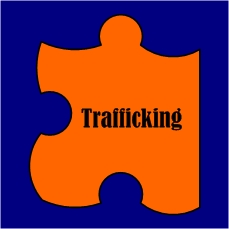Laos Investigation into Baby Selling for Adoption to Australia, Canada and US; Suspends Foreign Adoptions of Babies on List UPDATED

“Laos is investigating a retired justice ministry official for allegedly selling adopted babies to Australians, Americans and Canadians for thousands of dollars each.
The official is accused of seeking out unwanted babies in poor rural areas, obtaining adoption papers and selling the infants to foreigners for up to $5,000 each, according to a Radio Free Asia report on Monday.
He has been taken in for questioning. Laos has suspended foreign adoptions pending the outcome of the investigation.

Recent Comments